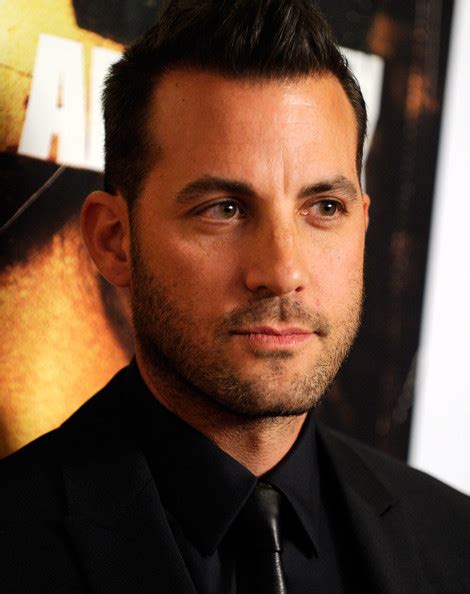A Quote by Jeffrey Eugenides
I'm hopefully making the reader feel a lot about the characters and then about their own life.
Related Quotes
One of the keys is, and it may sound funny, talking about characters with super powers, but one of the keys is to make your characters as realistic and believable as possible. Even if they have super powers, you say to yourself, "Well, if somebody had a super power like this, what would his life be like? Wouldn't he still maybe have to go to the dentist or wouldn't he have to worry about making a living? What about his love life?" You've got to make characters that your reader can believe exists or might exist.
Entrepreneursh ip is not about getting one over on the customer. It’s not about working on your own. It’s not about looking out for number one. It’s not necessarily about making a lot of money. It is absolutely not about letting work take over your life. On the contrary, it’s about turning what excites you in life into capital, so that you can do more of it and move forward with it.
I feel really strongly about not wanting to overly guide the reader about what he or she should think. I really trust the reader to know for themselves and not to need too much. You have your own imagination, your own experiences, your own feelings, and a novel wants ultimately to ask questions. It doesn't assert anything, or shouldn't, I think.
You've got to be a good reader. So whatever genre that you're interested in, read a lot of books about it and it's better than any kind of writing class you'll ever take. You will absorb techniques and then in a lot of cases you can just start writing using the style of the book or the author that you admire and then your own style will emerge out of that. Be a diligent reader and then try to write seriously, professionally and approach everything in writing in a professional way.
The first rule is you have to create a reality that makes the reader want to come back and see what happens next. The way I tried to do it, I'd create characters that the reader could instantly recognize, and hopefully bond with, and put them through situations that keep the reader on the edge of their seat.
I dislike that premise implies that a fiction writer is incapable of dreaming up stories that can bring readers to tears, that if you are lucky enough to be living a pretty sedate life ,as I am, you've got nothing worthy of writing about, that you're incapable of making a reader's gut wrench.Frankly, that's what makes readers nervous, the sorcery of you or me or any good fiction writer making up characters who feel like real people, of telling a story that feels true but isn't.







































